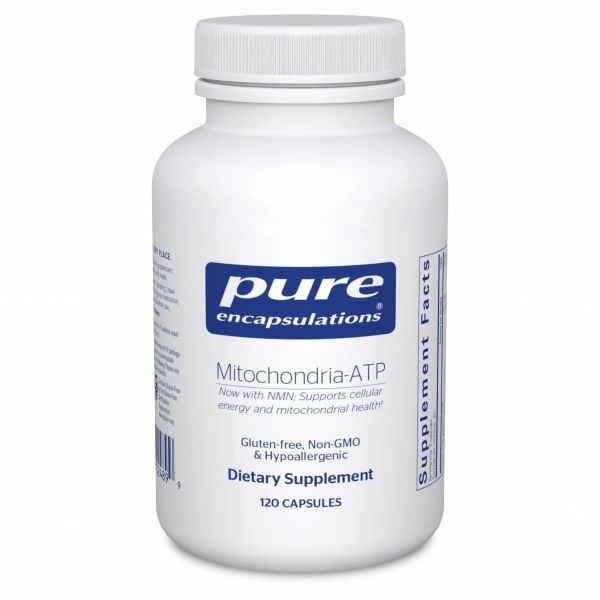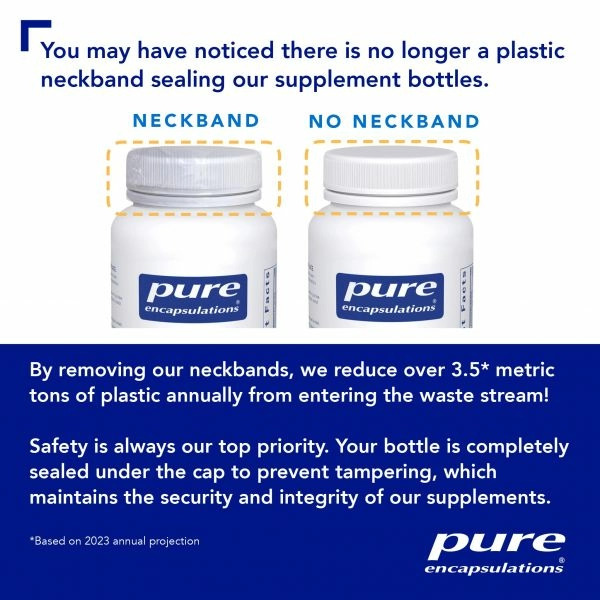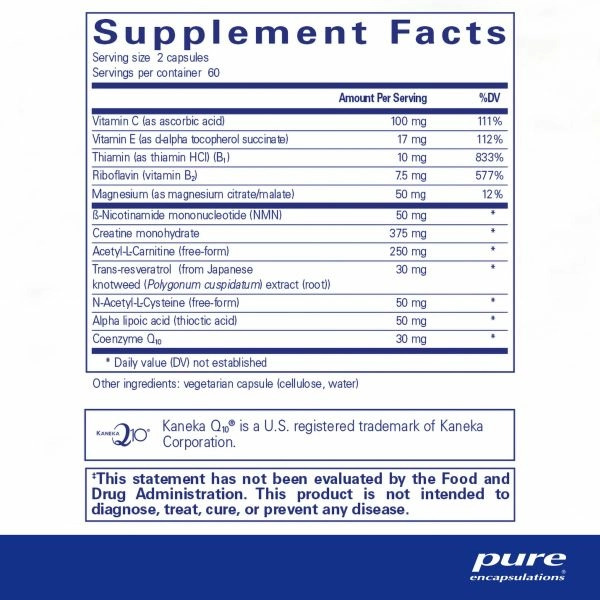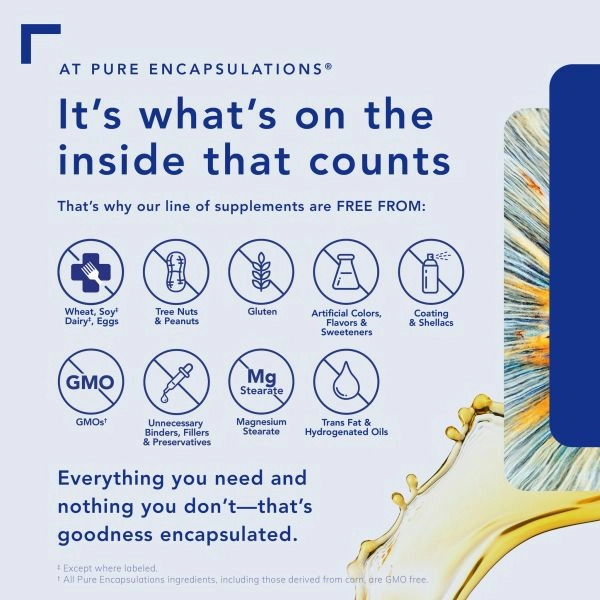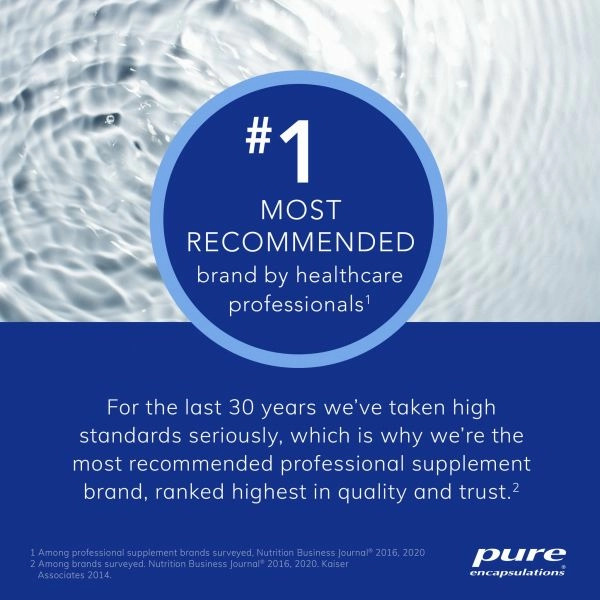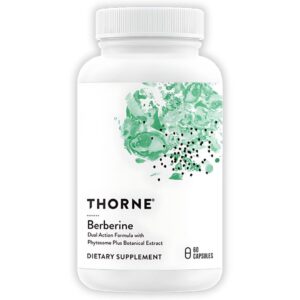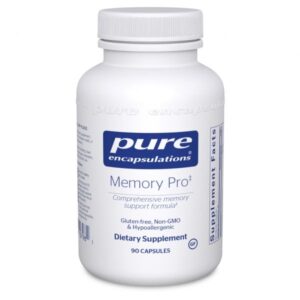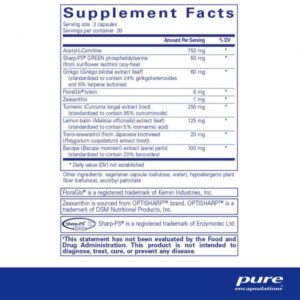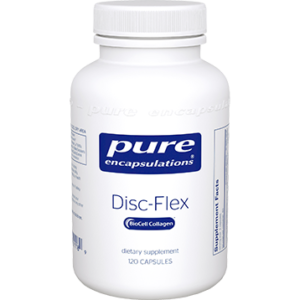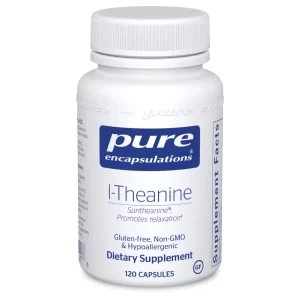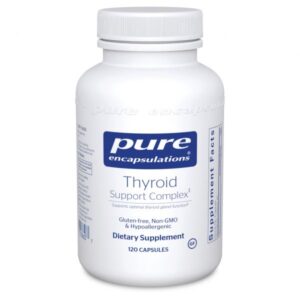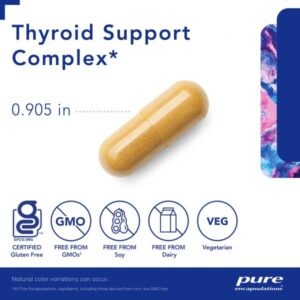Benefits & Features
Supports healthy mitochondrial function‡
Enhances the production of ATP‡
Provides antioxidant support‡
Offers a blend of nutrient cofactors to support mitochondrial function‡
Now with NMN (nicotinamide mononucleotinamide) to support NAD+ and cellular function‡
Includes acetyl-l-carnitine and creatine to support ATP synthesis‡
Contains a blend of antioxidants to supportcellular heath‡
Made with high-quality ingredients backed by verifiable science
Indications
- Ages 18 and up
- Mitochondrial health and cellular energy support‡
Suggested Use
As a dietary supplement, take 2 capsules, 2 times daily, with meals.
Science & Research
Verifiable Science
CoQ10 is a component of the mitochondria and plays a key role in the synthesis of ATP. B vitamins are important cofactors needed to fuel the Krebs cycle, while optimal serum levels of magnesium are associated with healthy mitochondrial metabolism and nutrient transport.1 Nicotinamide mononucleotide (NMN) is a unique form of vitamin B3 that gets converted into nicotinamide adenine dinucleotide (NAD+). NAD+ declines with age and plays an important role in energy production within the mitochondria and cellular repair.2 Preliminary research suggests NMN supports synthesis of NAD+ in tissues, supporting cellular function and longevity, energy metabolism, aerobic capacity and glucose homeostasis.3-5 Acetyl-l-carnitine provides carnitine to transport long chain fatty acids into the mitochondria for energy as well as an acetyl group for the synthesis of the Krebs cycle precursor acetyl-CoA.6 Highly pure creatine monohydrate helps enhance the production of the ATP by acting as a precursor. This formula provides antioxidant support with vitamins C and E, as well as resveratrol, alpha lipoic acid and N-acetyl-l-cysteine.7-9 Antioxidants neutralize the free radicals generated during energy production in the mitochondria. In a double-blind, placebo-controlled, crossover study, the combination of creatine, CoQ10 and alpha lipoic acid supported energy production and antioxidant status within the mitochondria.10‡
References
- Institute of Medicine. Washington (DC): National Academies Press (US); 1998. pg 27.
- Rajman et al. Cell Metab. 2018 Mar 6;27(3):529-547
- Liao B, et al. J Int Soc Sports Nutr. 2021 Jul 8;18(1):54.
- Yoshino M, et al. Science. 2021 Jun 11;372(6547):1224-1229
- Mills KF, et al. Cell Metab. 2016 Dec 13;24(6):795-806.
- Rosca MG, et al. Adv Drug Deliv Rev. 2009 Nov 30;61(14):1332-42.
- Alessio HM, et al. Int J Sport Nutr. 1997 Mar;7(1):1-9.
- Vidović B, et al. Psychiatr Danub. 2014 Sep;26(3):205-13.
- Ghanim H, et al. J Clin Endocrinol Metab. 2010 Sep;95(9):E1-8.
- Rodriguez MC, et al. Muscle Nerve. 2007 Feb;35(2):235-42.
Free From
- GMO Free
- Vegetarian
Additional Information
Warning
If you are pregnant or lactating, have any health condition or are taking any medication, consult your health professional before use.
Storage
Store in a cool, dry place.
Source
- Vitamin C and riboflavin (B2) are derived from corn dextrose fermentation
- Vitamin E (d-alpha tocopherol succinate) is derived from soybean oil, processed and purified to contain no soy protein or isoflavones
- Thiamin HCl (B1), nicotinamide mononucleotinamide, acetyl-l-carnitine, N-acetyl-l-cysteine, alpha lipoic acid and creatine are synthetic
- Magnesium is derived from earthen ore
- Coenzyme Q10 is produced by microbial (yeast) fermentation. There is no residual yeast in the final product
- Resveratrol extract is derived from Polygonum cuspidatum root and standardized to contain 50% trans resveratrol

